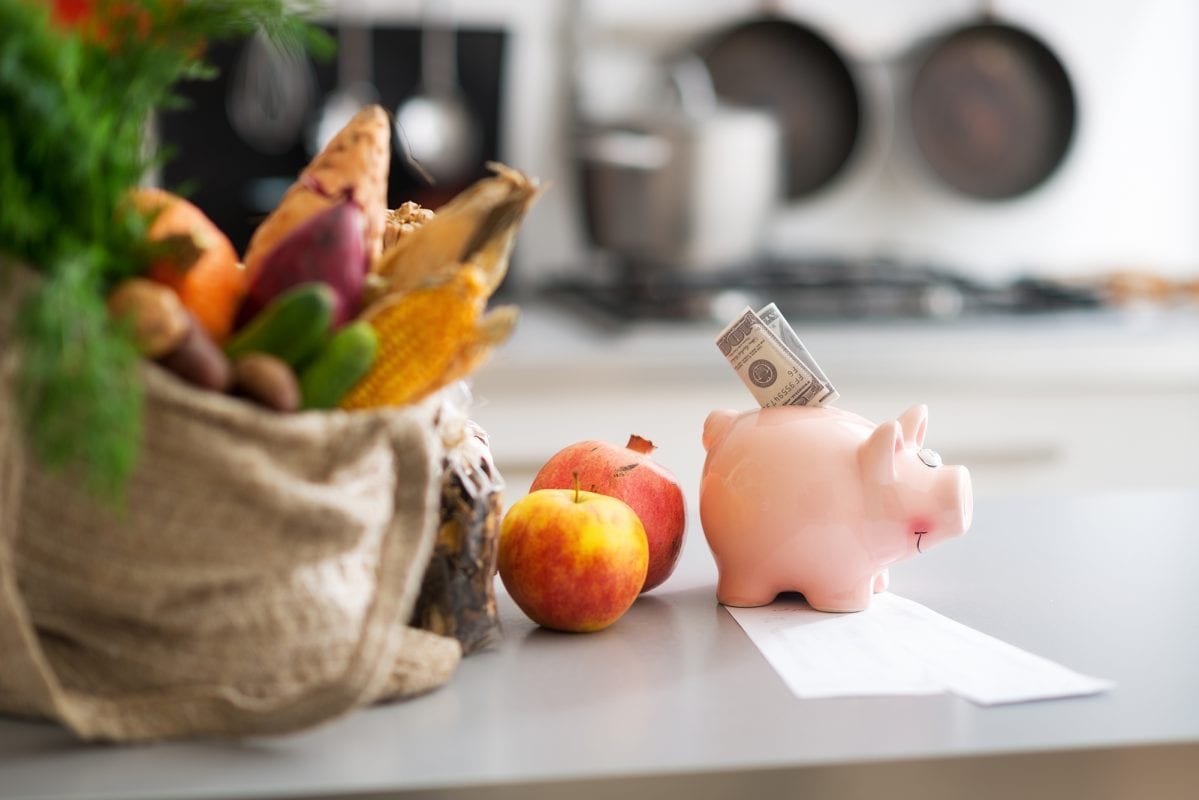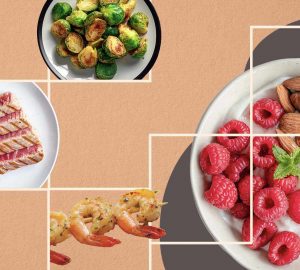It’s no secret that healthy eating on a budget is an difficult venture. With a low per capita income, it has become difficult for most people to maintain healthy eating habitats and at the same time, meet their daily basic needs. This has resulted in many people becoming overweight since they do not put into consideration the nutritional value of the food that they eat.
The healthiest diets are out of reach of people on a fixed income. For starters, this means that these people have a tight budget that will not allow them to purchase these diets without putting a big dent in their pockets. However, one can save money and still eat a well-balanced diet. Discussed below are 8 tips to to healthy eating on a budget if cost comes between you and a healthy diet.
Have a Meal Plan
Planning is an essential component to eating healthy on a budget. A wise meal planner makes a list of the grocery needed every single week. This ensures that you only buy what is needed and nothing will go to waste by the end of the week. Walking into a grocery store without a plan results in impulse buying and ultimately, you end up spending more on food that is not needed and by the end of the week, it perishes, which means you have to throw it away. Without a plan, food wastage is unavoidable.
Buy in bulk
Buying in bulk saves you a great deal of money. Some foods like grains, nuts, and spices can be purchased at a lower price in bulk. Apart from their inexpensiveness, these foods also have an advantage of long storage; they can be kept for a long period in airtight containers without expiring. However, you have to check the expiry date of the food you intend to buy before purchasing it to avoid wastage in case they rot in your store.
Repurpose leftovers
Having leftovers is a common occurrence in most homesteads. The leftovers shouldn’t be dumped into the garbage, but instead, they should be repurposed for the next meal. Throwing them away would be an expensive endeavor in the long run. A purposeful meal planner will have creative ways of using leftovers like turning them into other recipes for later use. They also need to be stored in clean containers to make sure that they don’t get contaminated.
Purchase frozen vegetables and fruits
Frozen produce is just as nutritious as fresh products. Buying frozen fruits and vegetables is less expensive as compared to fresh ones. Furthermore, frozen produce does not easily go bad, thus one is never worried about it going to waste. It should be remembered that fresh fruits and vegetables are in season usually for a few months. You should put in mind the advantages of frozen produce over fresh produce when making a purchase.
Keep a small garden
Growing your own produce in a small garden is a great idea for healthy eating on a budget! Seeds are cheap to buy and with a little time and effort, your tiny garden will flourish and save you a lot of expenses. Herb plants, tomatoes and onions are good examples of plants that should be grown at your home garden. Growing herbs as well is also easy and convenient. They require little attention to maintain and can be kept all year if the conditions allow it.
Substitute meat with other proteins
Meat is an expensive preference, thus eating less meat is an effective way of saving money. Our bodies require proteins for growth and maintenance. However, it should be noted that meat is not the only source of protein. There are several other sources like eggs, lentils, chickpeas, beans, and hemp seeds. The legumes, in particular, have a long shelf life and are less likely to spoil, unlike meat. They are also inexpensive; hence, it’s suitable for low-income people.
Cook at home
What is the use of your elegantly stocked kitchen if you don’t cook in it? Cooking may require some special skills, but then, some meals are very easy to cook. It’s cost-effective to cook at home as compared to eating out. One home serving can be equivalent to three or more servings when one eats out. Additionally, home cooked food is usually delicious since one has the freedom to include his favorite additives to the meal. This also enhances the nutritional value of the food.
Buy local
Buying from local vendors and farmers is much more cost-effective compared to going to the grocery store. Farm produce is also a lot fresh in that it hasn’t lost most of its nutrients. With a tight budget, buying from your local grocer is the most pocket-friendly idea that one can adopt for a healthy diet.
Conclusion
Eating healthily can be an easy goal to achieve once you start planning your meals. A good meal planner will ensure that you get your nutrients and vitamins without having to shell out a lot of money. Planning and prepping your meals can also lead to more healthy eating on a budget habits, which can further lead to maintaining your diet goals.








